Perimenopause and Sleep
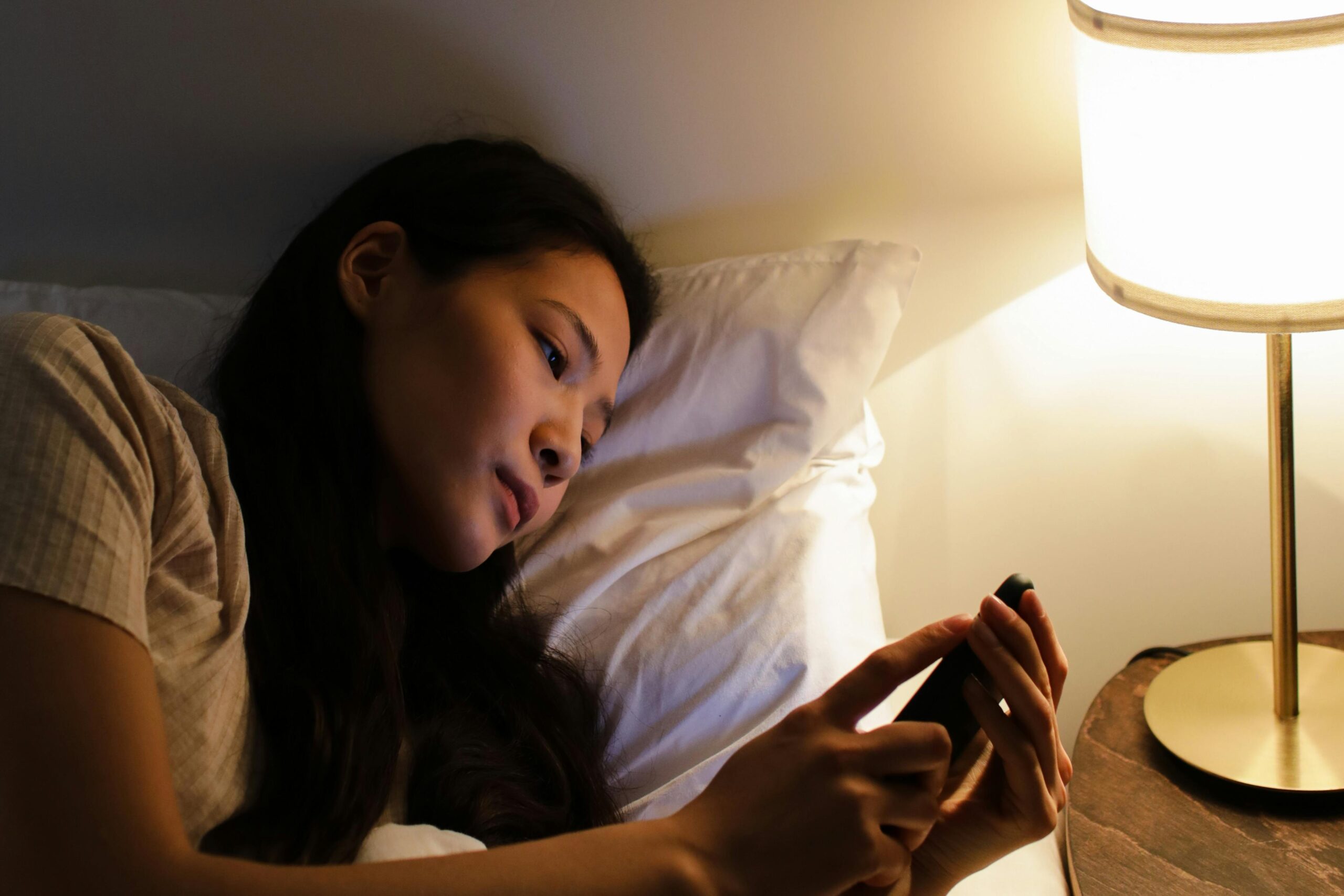
📌 Key Takeaways
- Sleep disturbances are common during perimenopause—even without hot flushes.
- Hormonal changes, particularly declines in oestrogen and progesterone, can directly affect your sleep quality.
- Lower oestrogen can impact serotonin levels, leading to mood shifts that make sleep harder.
- Conditions like sleep apnea and restless legs syndrome are more likely to show up during this phase.
- Practical strategies, such as regular exercise, sleep hygiene, CBT-I, and even HRT, can help improve your sleep.
- Always speak with your doctor before starting new treatments or supplements.
Why you are waking up at 3 AM and what to do about it
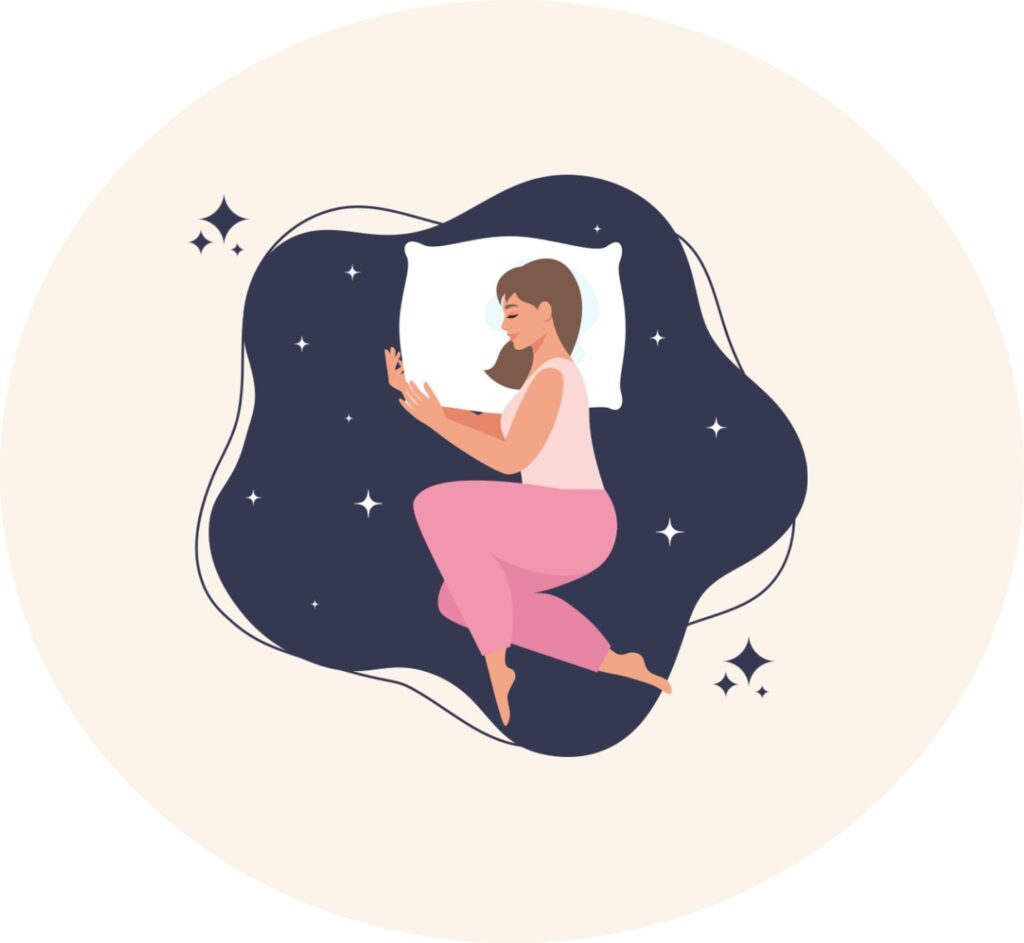
Poor sleep and disturbances: common, yet overlooked symptoms of perimenopause
Do you ever find yourself staring at the ceiling at 3 AM, wide awake? Or go to bed early, only to lie there struggling to fall asleep, then wake up feeling like you barely slept at all? If you are going through perimenopause, this might sound all too familiar. Perimenopause is the transitional phase leading up to menopause that brings a whole host of changes along the way. Poor sleep and disturbances are among the lesser-known unwelcome guests that come with shifting hormones during perimenopause, leaving you exhausted before the day even begins. Although many women may not realise that these symptoms are linked to perimenopause, they are very common.
On average, adults need around 8 hours of good quality, uninterrupted sleep each night, though some may require more or less. If you find yourself waking up frequently during the night and waking up feeling unrested, it could be a sign you are not getting enough quality sleep. Understanding what is going on can be the first step to getting those restful nights back.
Why hot flashes affect sleep
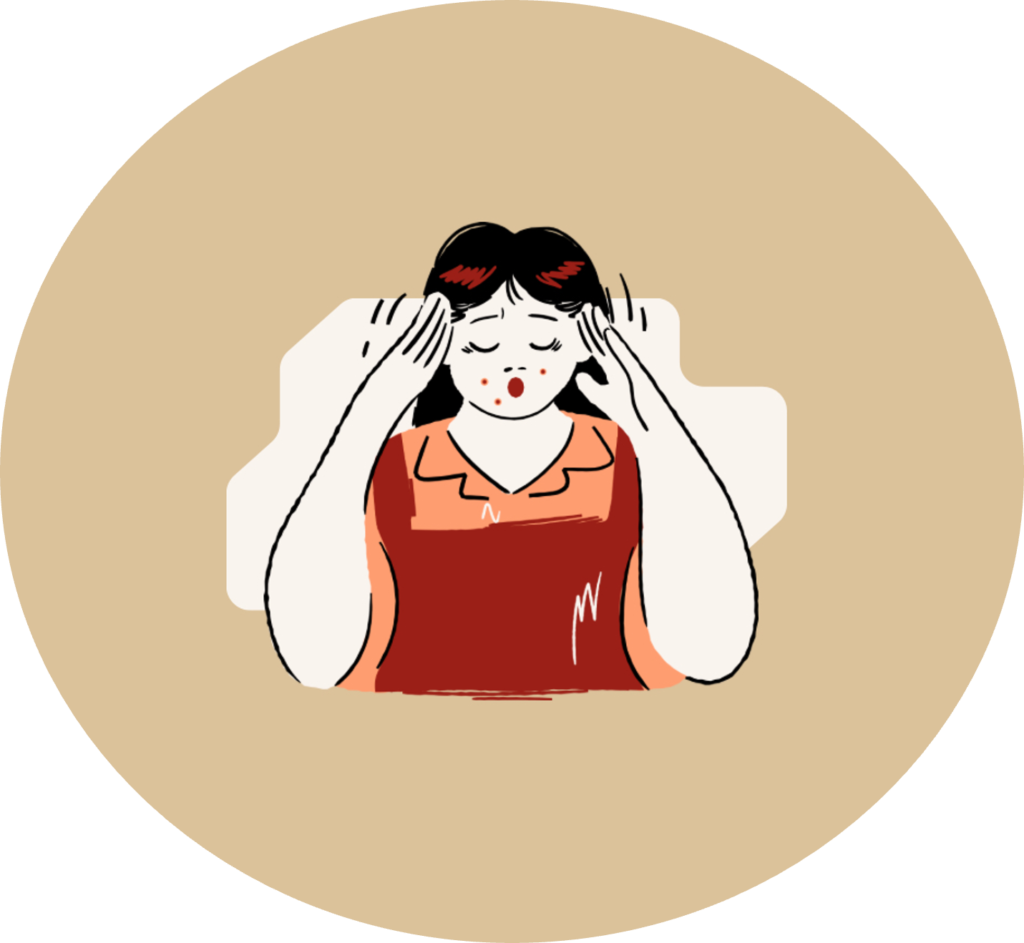
Over 70% of women experience hot flashes (or night sweats), and 40%-60% experience sleep problems during perimenopause. These symptoms often persist for years, causing significant distress and impairment. Hot flashes have been strongly linked to night-time awakenings. Interestingly, one study found that even women who did not perceive themselves as experiencing hot flashes were observed waking to a hot flush. The sudden surges of heat can leave you drenched in sweat, waking you up multiple times a night and making it difficult to fall back asleep. The body’s ability to regulate temperature becomes less efficient due to hormonal fluctuations, particularly declining oestrogen levels, leading to these unpredictable and often intense episodes.
Hot flashes and sleep disturbances during perimenopause are not just about hormones; but also have a neurological component. The hypothalamus is the brain’s thermostat, responsible for maintaining a stable body temperature. Oestrogen helps regulate this function. But as levels decline during perimenopause, the hypothalamus becomes more sensitive to even slight temperature changes. As a result, it mistakenly perceives the body as overheating, even when it is not. Thus, it triggers a hot flash to cool it down. This sudden response causes the blood vessels to dilate (leading to flushing), sweating to increase, and the heart rate to rise.
Even after a hot flash passes, the body may remain in a state of hyperarousal, making it harder to transition back into deep sleep. This happens because hot flashes activate the sympathetic nervous system, which controls the fight-or-flight response. This heightened activity can further increase your heart rate, sweating, and alertness, disrupting sleep even more.
Insomnia
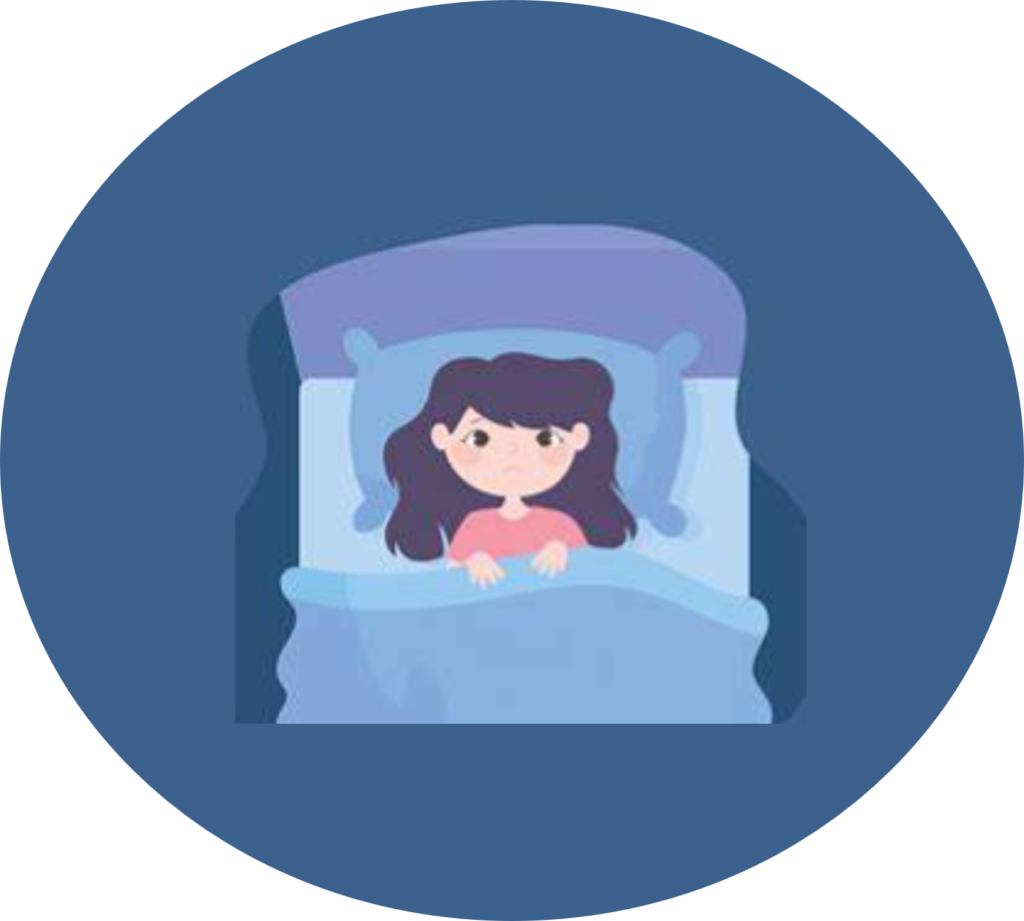
Even in the absence of hot flashes, perimenopausal women are at an increased risk of developing insomnia. Hormonal fluctuations, particularly the drop in oestrogen and the erratic surges of follicle-stimulating hormone (FSH), can disrupt the delicate balance of neurotransmitters involved in sleep regulation, such as serotonin and melatonin. A study found that 37.6% of perimenopausal women experience insomnia or difficulty initiating and maintaining sleep. This highlights how common sleep disturbances are during perimenopause.
A large-scale study involving 3302 women, with an average age of 45, found that approximately one-third of perimenopausal participants reported experiencing insomnia at some point during the menopause transition. The most commonly reported symptom was frequent awakenings during the night (reported by 31% of women), while difficulty falling asleep (also known as sleep latency) was the least reported at 14%. Interestingly, the likelihood of reporting insomnia increased with the progression of perimenopause; women in the later stages were 1.3 times more likely to report insomnia symptoms than those in the earlier stages.
Unseen sleep disruptors: Obstructive sleep apnea and restless legs syndrome
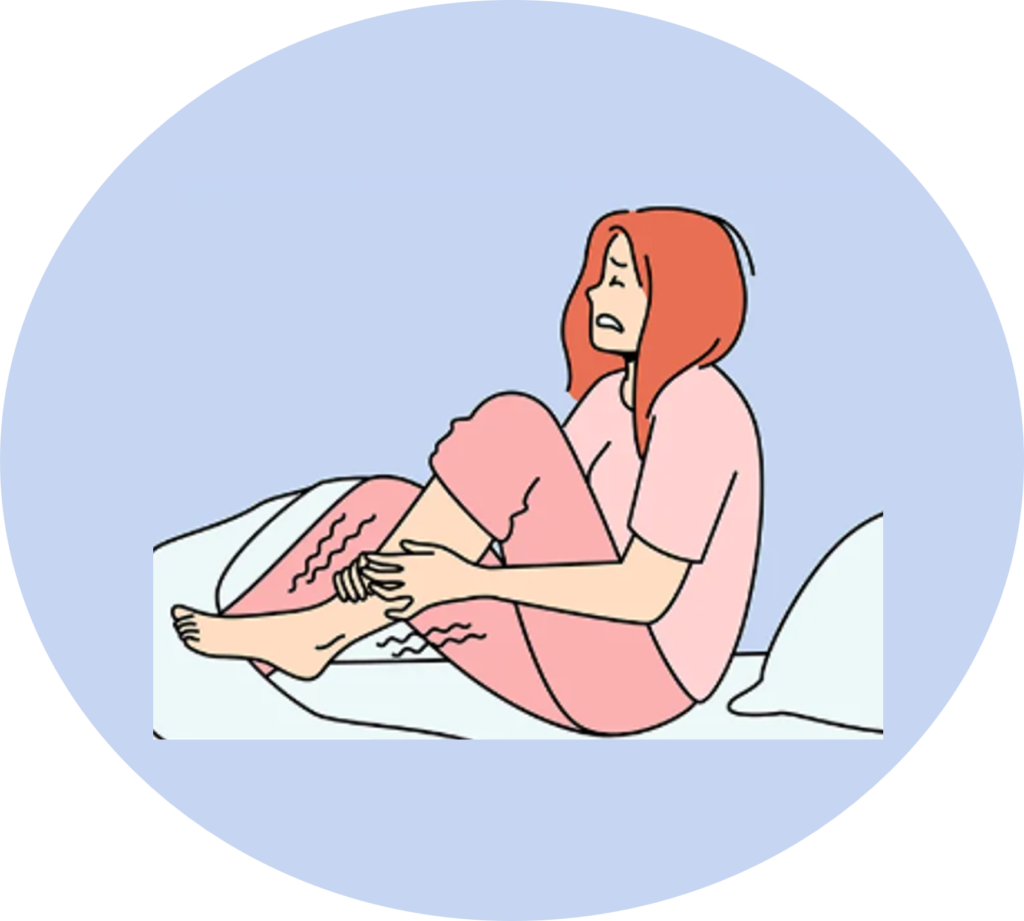
Obstructive sleep apnea (OSA) and restless legs syndrome (RLS) are two sleep disorders that often go unnoticed but are prevalent among perimenopausal women. Hormonal fluctuations, especially declining levels of oestrogen and progesterone, during this transitional phase, can contribute to the onset or worsening of these conditions. Oestrogen helps regulate serotonin and dopamine, neurotransmitters involved in mood and sleep-wake cycles, while progesterone supports respiratory function by acting as a natural respiratory stimulant. As these hormone levels drop, the risk of upper airway instability increases, contributing to the development of OSA. This disorder is characterised by repeated episodes of partial or complete airway obstruction during sleep, leading to loud snoring, gasping, and fragmented rest. At the same time, oestrogen and dopamine imbalances may trigger or exacerbate RLS, a neurological disorder marked by an irresistible urge to move the legs, typically in the evening or at night, often accompanied by tingling, aching, or crawling sensations.
These symptoms can delay sleep onset and cause frequent night awakenings. A study involving women 44 to 56 years of age who reported sleep disturbances found that 53% had OSA, RLS, or both, highlighting the significant impact of these disorders on sleep health during perimenopause.
The oestrogen-mood-sleep connection in perimenopause
Oestrogen does more than just regulate your menstrual cycle. It also has a big impact on how you feel and how well you sleep. One of its important jobs is to help boost serotonin, a chemical in the brain that helps keep your mood stable and promotes feelings of calm and well-being. As oestrogen levels start to drop during perimenopause, your serotonin levels can dip too. This may lead to mood swings, anxiety, or even feelings of depression. All of this can make it much harder to relax at night and get a good night’s sleep. Oestrogen also supports another calming brain chemical called gamma-aminobutyric acid (GABA), which helps you wind down and feel less anxious. When oestrogen declines during perimenopause, this calming effect can weaken, making it even harder to fall asleep or stay asleep, leading to poor sleep and disturbances. So even if you are not having hot flashes, hormonal changes alone can seriously affect your sleep and emotional balance during perimenopause.
Why sleep should be a non-negotiable
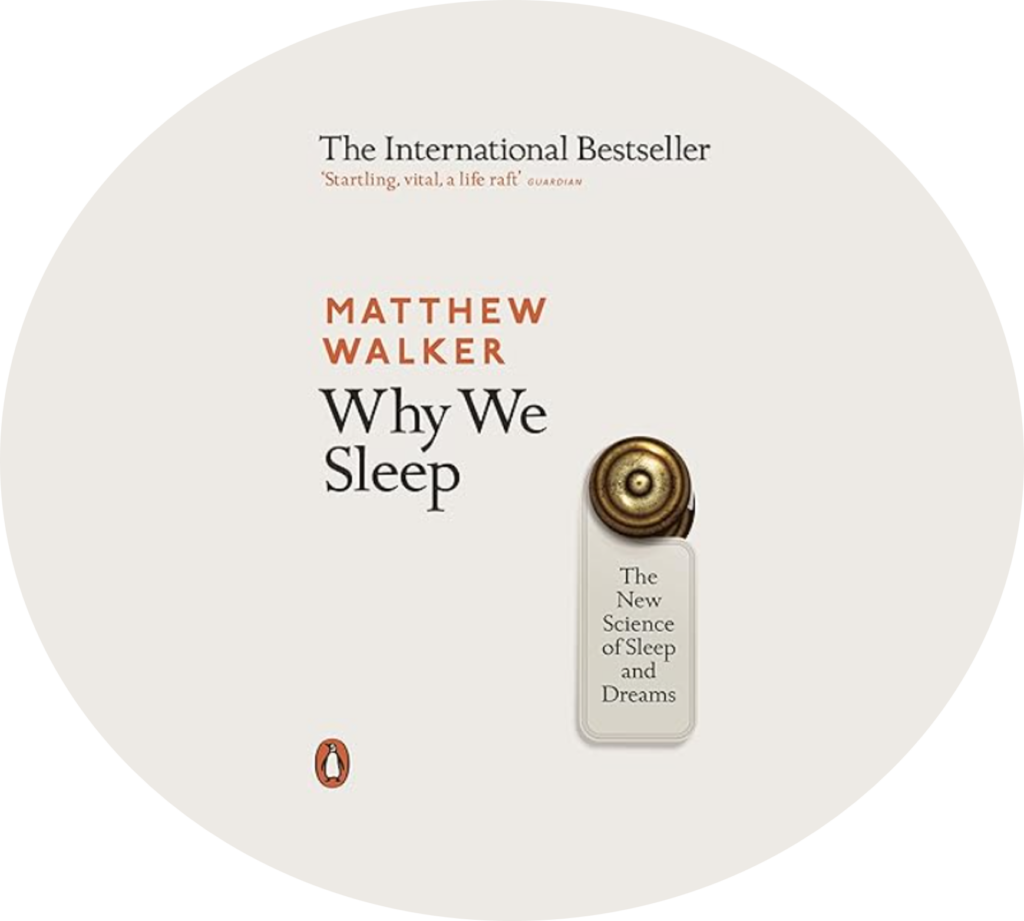
Sleep is one of the most vital pillars of our health. Yet it is often the first thing we sacrifice in our busy, always-on lives. In his bestselling book Why We Sleep, neuroscientist Matthew Walker emphasises just how crucial good-quality sleep is, not just for feeling rested, but for staying alive and well. He explains that every major disease in the developed world, including Alzheimer’s, cancer, heart disease, obesity, and diabetes, is strongly linked to inadequate sleep. Far from being a luxury, sleep is essential for brain function, emotional stability, immune health, and even metabolic balance. Walker’s message is clear: skimping on sleep does not just make us tired—it quietly chips away at our health and longevity. In a world that often celebrates hustle and productivity over rest, it is time we start giving sleep the respect it deserves.
So, if you have not read Why We Sleep yet, I highly recommend you add it to your list! It is an eye-opening (ironically!) and accessible read that will completely change the way you think about rest. Trust me, after reading it, you will never look at a late night the same way again.
Just so you know, I am not getting a single penny for recommending this book. I just genuinely love it (and wish I had written it myself).
Strategies to improve sleep quality during perimenopause
Poor sleep and disturbances during perimenopause can feel relentless, but the good news is there are a number of evidence-based strategies that can help. Simple lifestyle adjustments are often a great place to start.
🧘♀️ Lifestyle adjustments
- Regular exercise: Daily movement like walking or yoga can reduce stress and support sleep. Avoid late-night workouts.
- Sleep hygiene: Keep your bedroom cool and dark, stick to a routine, and avoid caffeine or screens late in the evening.
- Relaxation techniques: Practices like mindfulness, deep breathing, and gentle yoga can help you unwind before bed.
🌿 Dietary supplements
- Melatonin: Helps regulate your sleep-wake cycle, especially if natural levels have declined.
- Magnesium: Supports relaxation and may ease trouble falling or staying asleep.
- Herbal Supplements: Valerian root, passionflower, and chamomile are traditionally used for sleep, though results vary.
🧠 Cognitive behavioural therapy for insomnia (CBT-I)
- A structured, proven method to help change unhelpful thoughts and behaviours around sleep. Techniques may include sleep restriction, reducing screen time, and reframing anxiety about not sleeping.
💊 Hormone replacement therapy (HRT)
- Effectively restores declining hormone levels, helping with hot flushes, night sweats, and sleep disruptions caused by hormonal changes.
⚠️ A quick note before you try anything…
While these strategies can be helpful, everyone’s body is different. Always consult your doctor or a qualified healthcare professional before starting new supplements, therapies, or treatments—especially during perimenopause and menopause. What works well for one person may not be right for another.
Check out the blog on common perimenopause symptoms: https://vitalityher.com/is-it-just-me-or-is-this-perimenopause-common-perimenopause-symptoms/

Leave a Reply